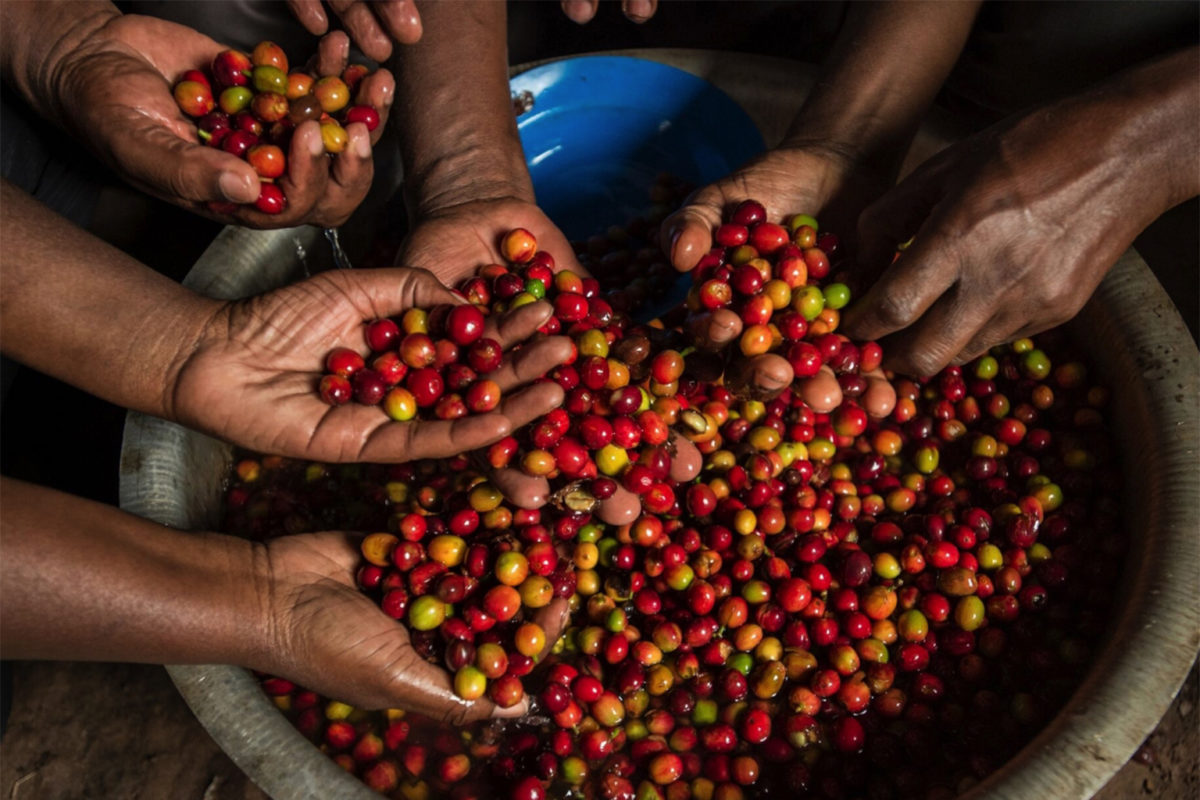Behind the Beans: How Coffee Giants Are Secretly Preparing for Europe's Green Crackdown

In the high-stakes world of environmental regulation, 2024 witnessed an intense showdown over the European Union Deforestation Regulation (EUDR), with coffee emerging as an unexpected and complex protagonist in this global environmental drama. The regulation targets key commodities that have historically been linked to deforestation, casting a wide net that includes coffee alongside other major agricultural products like wood, cattle, cocoa, soy, palm oil, and rubber.
Companies seeking to enter the lucrative EU market now face stringent new requirements, forcing them to trace their supply chains with unprecedented transparency. The coffee industry, in particular, found itself at the epicenter of this regulatory storm, with producers and traders scrambling to adapt to the new landscape of environmental accountability.
The EUDR represents a bold attempt to combat global deforestation by holding corporations responsible for the environmental impact of their supply chains. As the world watches, this regulation promises to reshape how agricultural commodities are sourced, tracked, and brought to market, with potentially far-reaching consequences for global trade and environmental conservation.

